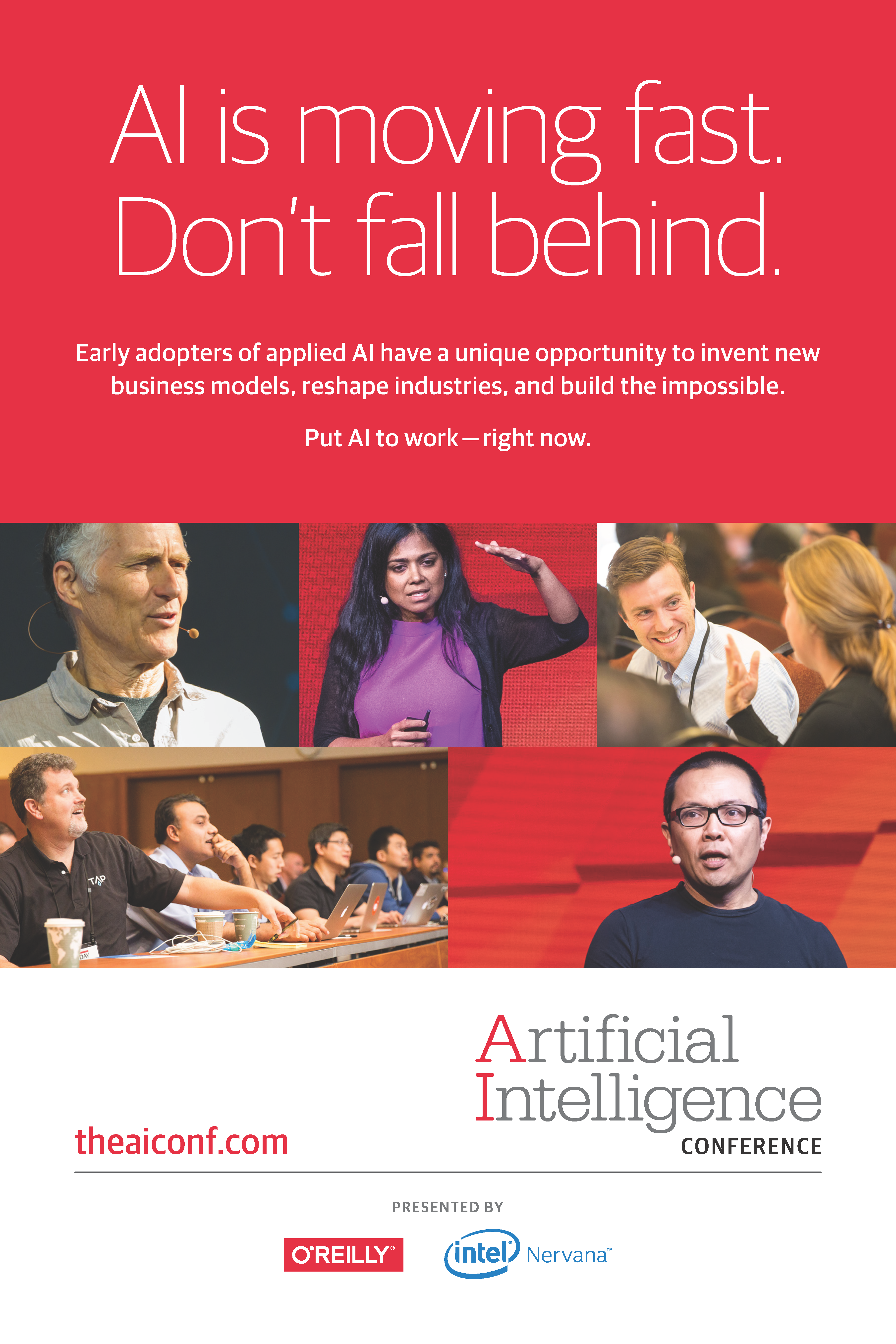AI and Medicine
by Mike Barlow
Copyright 2016 OReilly Media Inc. All rights reserved.
Printed in the United States of America.
Published by OReilly Media, Inc. , 1005 Gravenstein Highway North, Sebastopol, CA 95472.
OReilly books may be purchased for educational, business, or sales promotional use. Online editions are also available for most titles (http://safaribooksonline.com). For more information, contact our corporate/institutional sales department: 800-998-9938 or corporate@oreilly.com .
- Editor: Nicole Tache
- Production Editor: Colleen Cole
- Copyeditor: Rachel Monaghan
- Interior Designer: David Futato
- Cover Designer: Karen Montgomery
Revision History for the First Edition
- 2016-07-08: First Release
- 2016-08-25: Second Release
See http://oreilly.com/catalog/errata.csp?isbn=9781491961452 for release details.
The OReilly logo is a registered trademark of OReilly Media, Inc. AI and Medicine, the cover image, and related trade dress are trademarks of OReilly Media, Inc.
While the publisher and the author have used good faith efforts to ensure that the information and instructions contained in this work are accurate, the publisher and the author disclaim all responsibility for errors or omissions, including without limitation responsibility for damages resulting from the use of or reliance on this work. Use of the information and instructions contained in this work is at your own risk. If any code samples or other technology this work contains or describes is subject to open source licenses or the intellectual property rights of others, it is your responsibility to ensure that your use thereof complies with such licenses and/or rights. This book is not intended as medical advice. Please consult a qualified professional if you require medical advice.
978-1-491-96145-2
AI and Medicine:
Data-Driven Strategies for Improving Healthcare and Saving Lives
For centuries, physicians and healers focused primarily on treating acute problems such as broken bones, wounds, and infections. If you had an infectious disease, you went to the doctor, the doctor treated you, and then you went home, says Balaji Krishnapuram, director and distinguished engineer at IBM Watson Health.
Today, the majority of healthcare revolves around treating chronic conditions such as heart disease, diabetes, and asthma. Treating chronic ailments often requires multiple visits to healthcare providers, over extended periods of time. In modern societies, the old ways of delivering care will not work, says Krishnapuram. We need to enable patients to take care of themselves to a far greater degree than before, and we need to move more treatment from the doctors office or hospital to an outpatient setting or to the patients home.
Unlike traditional healthcare, which tends to be labor-intensive, emerging models of healthcare are knowledge-driven and data-intensive. Many of the newer healthcare delivery models will depend on a new generation of user-friendly, real-time big data analytics and artificial intelligence/machine learning (AI/ML) tools.
Krishnapuram sees five related areas in which the application of AI/ML tools and techniques will spur a beneficial revolution in healthcare:
Population management
Identifying risks, determining who is at risk, and identifying interventions that will reduce risk.
Care management
Designing care plans for individual patients and closing gaps in care.
Patient self-management
Supporting and enabling customized self-care treatment plans for individual patients, monitoring patient health in real time, adjusting doses of medication, and providing incentives for behavioral changes leading to improved health.
System design
Optimizing healthcare processes (everything from medical treatment itself to the various ways insurers reimburse providers) through rigorous data analysis to improve outcomes and quality of care while reducing costs.
Decision support
Helping doctors and patients choose proper dosage levels of medication based on most recent tests or monitoring, assisting radiologists in identifying tumors and other diseases, analyzing medical literature, and showing which surgical options are likely to yield the best outcomes.
Applying AI/ML strategies in each of those five areas will be essential for creating large-scale practical systems for providing personalized and patient-centric healthcare at reasonable costs. In this report, I explore these areas and more through interviews conducted with leading experts in the field of AI and medicine.
A Wealth of Benefits for Millions of Patients
The potential benefits of applying AI/ML to medicine and healthcare are enormous. In addition to improving treatment and diagnosis of various cancers, AI/ML can be used in a wide range of important healthcare scenarios, including fetal monitoring, early detection of sepsis, identifying risky combinations of drugs, and predicting hospital readmissions.
Medicine and biology are very complicated and require humans to be trained for a long time to be highly functional, says Dr. Russ Altman, director of Stanford Universitys biomedical informatics training program. It is intriguing that computers may be able to reach levels of sophistication where they rival humans in the ability to recognize new knowledge and use it for discovery.
ML and neural networks are especially useful, says Altman, for finding patterns in large sets of biological data. Some of the most promising applications of ML in medical research are in the areas of omics data (e.g., genomics, transcriptomics, proteomics, metabolomics); electronic medical records; and real-time personal healthcare monitoring via devices such as wearables and smartphones.
Real-time or near-real-time testing and analysis are particularly critical in self-management scenarios. For example, its essential for people with diabetes to monitor their blood sugar levels accurately. But waiting for a doctor or nurse to perform tests can impair the accuracy of results and defeat attempts to manage the disease properly. Lets say a test shows your blood sugar is high, says Krishnapuram. Maybe it was high because you ate too many carbs before the test, or didnt sleep well the night before, or you were stressed out or didnt get enough exercise that week. Each of those can impact your blood sugar level.
If your doctor relies on tests performed once every couple of months at his or her office to set the proper dosage of your medication, it may be difficult to optimize your dosage and manage your condition effectively over time.
AI and ML tools can play a valuable role not only in analyzing test results rapidly and optimizing dosages of medications, but also in prompting behavioral changes by communicating timely reminders to exercise, eat healthier foods, and get more sleep.
People also need to change their behaviors, says Krishnapuram. AI and ML can motivate and reinforce behavioral changes by orchestrating multiple channels of communication between healthcare providers and patients.
Strength in Numbers
The organized practice of medicine can be traced back to 3,000 BC. Although early physicians relied on supernatural phenomena to explain the origin of many diseases, the idea of developing practical therapies for common ailments is not new. Even when the causes of disease were grossly misunderstood, physicians were expected to find remedies or provide effective treatments for patients who were sick or injured.

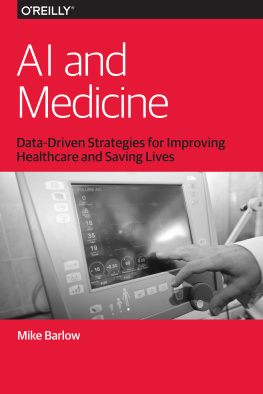
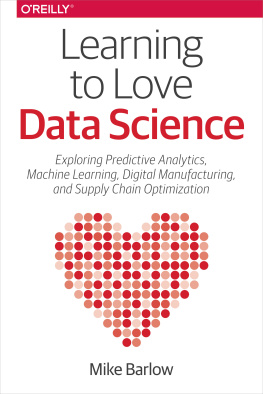
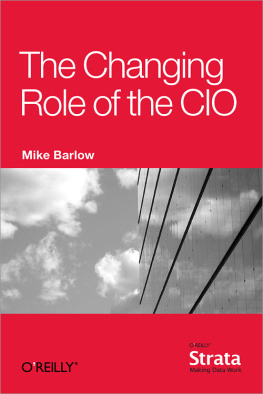
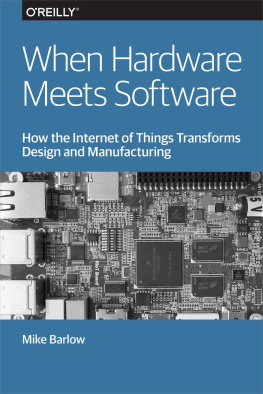
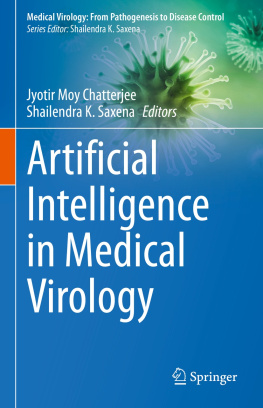

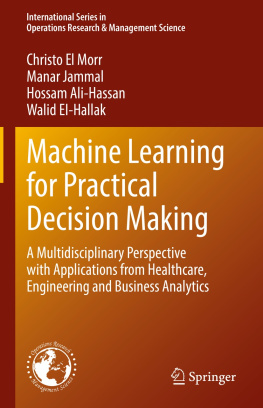
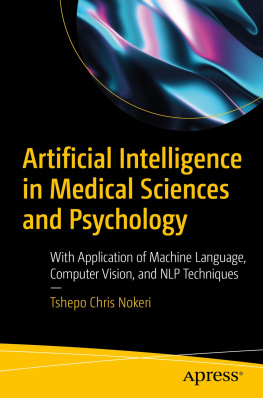
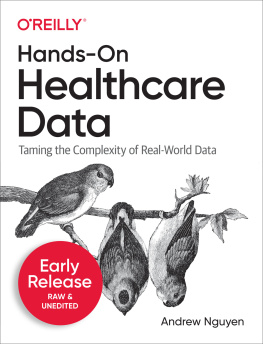
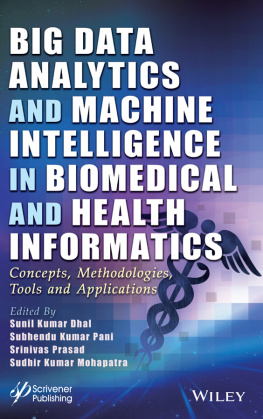
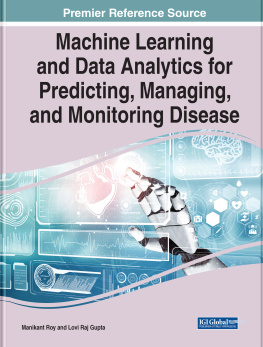
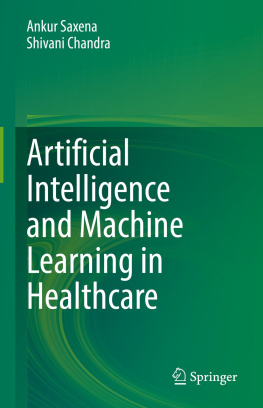
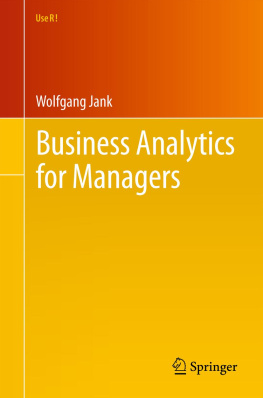
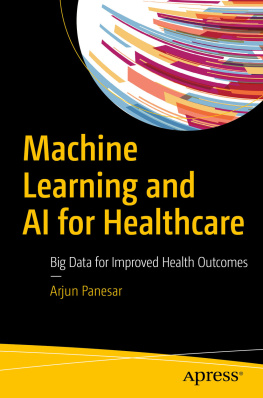
![Mike Barlow [Mike Barlow] - Learning to Love Data Science](/uploads/posts/book/119588/thumbs/mike-barlow-mike-barlow-learning-to-love-data.jpg)
